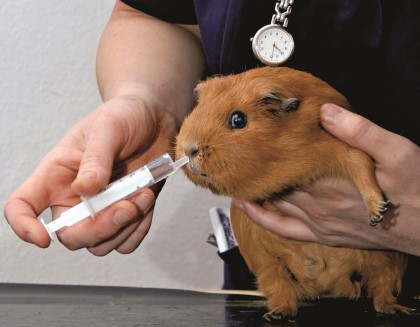
Companion Animals
Tips and advice
There are so many ways in which animals are good for us, but how can we be good to them?
- Keep them healthy
- Keep them well-nourished
- Keep them fit
- Keep them safe
- Keep reproduction under control
Keeping our pets healthy and active keeps us healthy and active too so we can live long and happy lives together. Below are some links to tips and advice on caring for your pet.
Travelling with your pet
The annual holiday period is the most pleasant time of the year, a time best enjoyed together with your four-legged friend. Yet, there needs to be a word of caution, especially for trips to warmer regions. Foreign diseases can threaten the health of your travelling pet companion. Such diseases include babesiosis (”dog malaria”), ehrlichiosis, as well as the rarer hepatozoonosis, which are all tick-borne diseases. Preventative measures against tick-borne diseases are advisable. If you see ticks on your pet, you must remove them quickly. The disease hepatozoonosis is transmitted when a dog swallows infected ticks. There are tick repellents, which also work against mosquitoes.
Heartworm Disease and Leishmaniasis are two other dangerous diseases, transmitted by insect bites. In the case of heartworm disease mosquitoes transfer infectious larvae from dog to dog, where they continue to develop and then reach the heart in about 120 days. This disease manifests itself by a loss of energy, coughing and laboured breathing in afflicted animals. Diagnosis and therapy of heartworm disease are difficult. However, a relatively simple and safe prophylaxis is possible with appropriate medications. Another difficult-to-treat zoonosis with sometimes serious symptoms is Leishmaniosis, which is transmitted by certain species of insects. Administering preventative medication prior to commencing the journey is also the medium of choice.
Proper travel preparations must, of course, include immunisations required by law. Details of the actual injection must be entered in the European Union Pet Passport. Specifically, immunisation against rabies is an absolute MUST when travelling with your dog. Travel regulations are diverse and nearly every country has its own specific requirements, subject to changes in response to occurrences of particular, regional epidemics. The veterinarian will be able to provide you with comprehensive information on this topic.
